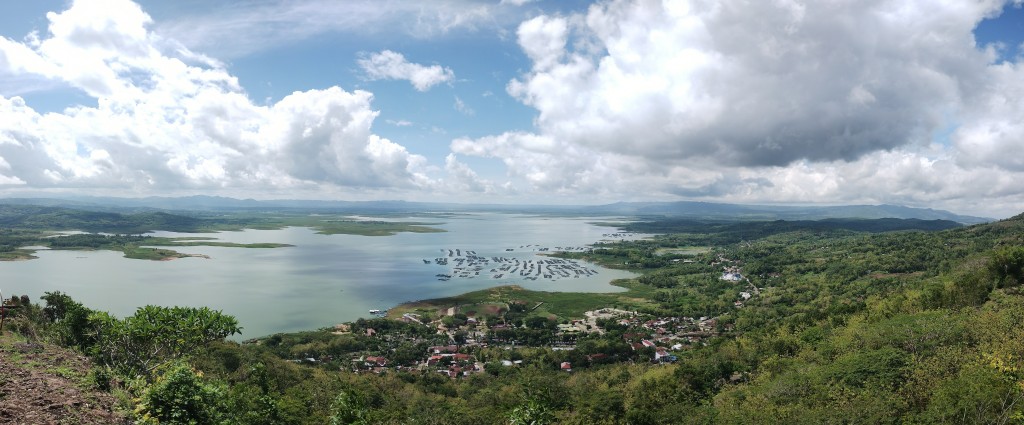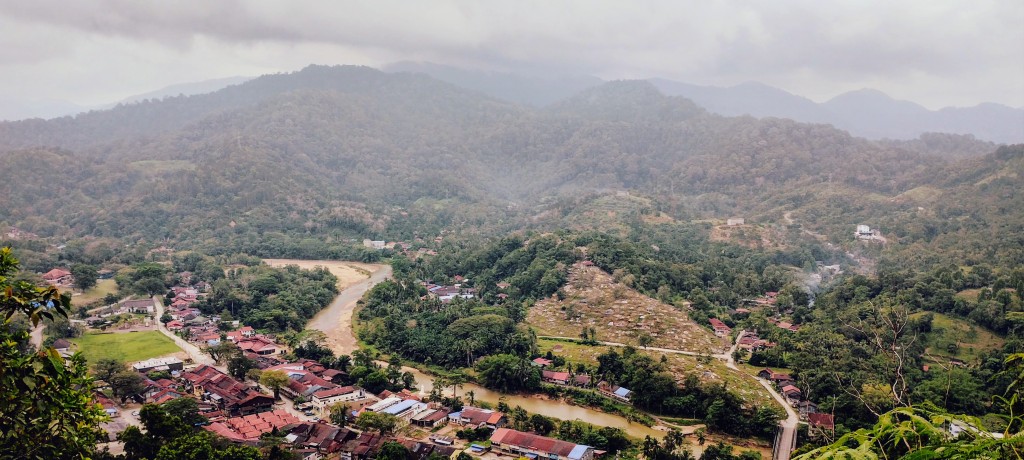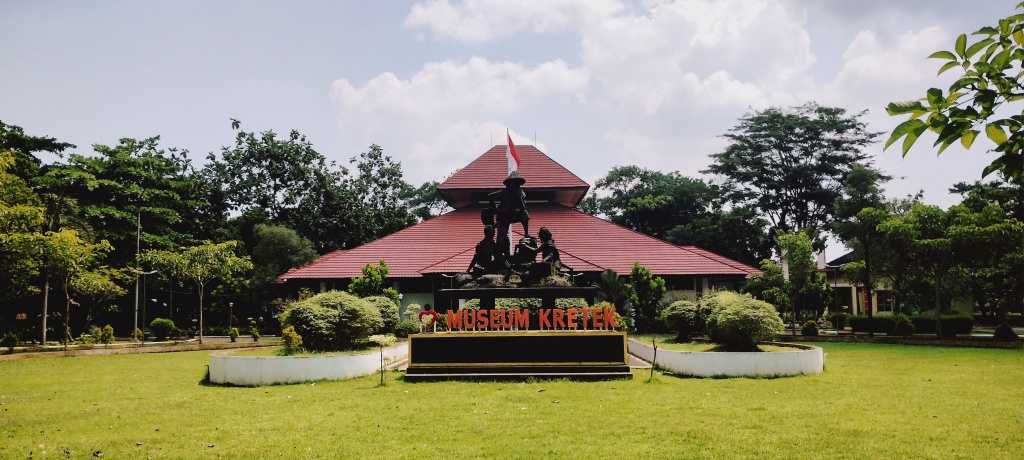Logic dictates that Danau Toba resulted from a series of cataclysmic events that served to alter the earth’s landscape permanently. But did this tumult come from nature, or something else?
Some seventy-five centuries ago, a tremendous volcanic eruption rocked northern Sumatra and impacted the world so thoroughly that no blast, no matter how mighty, has since come close to matching its inconceivable size. The event proved so fierce that it propelled ash across continents to sites as far away as India, Malaysia and Malawi. At the eye of the storm, the crater resulting from the explosion formed a caldera, which filled with water and came to form a lake known as Toba, with a hunchbacked scion, Samosir, at its centre. This elongated scar on Indonesia’s hide has come to symbolise the destructive power of the supervolcano.
But the question remains as to how the lake acquired its name.
In the distant past, there lived a young farmer by the name of Toba. Toba the farmer lived in a fertile valley in what is now northern Sumatra. One day, he felt a sudden compulsion to eat fish, so he went fishing at a river in a place usually teeming with marine life. But not this day. On this day, he found no fish, which was very strange and not in keeping with what Toba knew he could find in the river. And thus, after a wasted day of catching no fish, Toba, to avoid despondency, decided to leave after casting one final line.
Read more: A selection of esoteric sites in Indonesia.
But from nowhere, he felt a pull on the line. Removing his rod from the water, he came face to face with a huge fish that, to Toba’s shock, began crying and begging for its release. These pleas struck a chord with Toba, who did as his catch bid: he released the fish back into the river, whereupon another surprise revealed itself; the creature suddenly changed shape into a young and graceful woman possessed of great beauty.
Tragic curse
This waterborne beauty briefly relayed her sad tale: she was a princess who suffered a curse that turned her into a fish. But now Toba had broken the curse, and in her gratitude, she offered to become his wife on one condition: that no one would ever know what befell her; and if Toba broke that vow, he would surely endure great agonies. Toba was a smart farmer, however, and he knew a good thing when saw it. He readily accepted, and soon he and the princess, whose name was Puteri, were married and on the road to a happy and prosperous life.
And so it proved, at least for a time. Toba worked hard to provide for Puteri. He ploughed the fields and went to the market, and did the things expected of a conscientious farmer and caring husband. His diligence paid off, and he and Puteri had a life of such happiness that even the grumbles of jealous people and the rumours they spread could pierce their content bubble.

But rumours have a nasty habit of settling like mould and working their way into solid foundations. Tales of Toba’s communion with an evil spirit soon flowed like a river between willing listeners, which formed a kernel of irritation in Toba’s mind: a kernel that began to grow. Slowly, at first–but does not a flood start with a single drop?
But these veiled words had no immediate impact, and soon enough, Toba and Putera welcomed a baby son, Putera, into the world. Their family had grown, and the peace enveloping them became ever stronger. But as Putera grew, so too did his appetite and his indolence. He would refuse to work and often ate all the family’s food, which bred anger in Toba and reproach from Puteri, who reminded her husband to show patience with his son.
Limits reached
However, all know that patience has its limits. Toba knew this, and one day he finally snapped. As usual, he could be found toiling in the field, thirsty and hungry from his efforts. Putera was tasked with taking refreshments to his father, but he failed in his duties and ignored his evermore frustrated father in favour of playing ball. Toba waited, Toba brooded, Toba finally had too much: he went home and vented his anger on his son, pinching his ear and calling him the son of a fish. And without realising it, in the blindness of his anger, he had broken his vow to his wife.
Toba’s ire upset the boy, who, crying, ran to find his mother and asked if he were really the son of a fish. Startled and somewhat angered by this turn of fate, Putera told her son it was so before telling him to scale the hill near their home and climb to the top of the nearest tree, for disaster quickly approached. She bid her son farewell and hurried up the river, where she disappeared. And just in time: a sudden gush of water submerged the village and farms and reached so high that it wiped the valley from the face of the Earth. Fearsome claps of thunder roared from the blackened sky as if the gods themselves had voiced their fury, and the heaviest of heavy rains swelled the onrushing water until a lake formed where the valley once stood.

The lake became known as Toba after the farmer who momentarily voiced his rage and in doing so, brought down catastrophe on the valley. Toba drowned in the deluge, and the hill his son climbed became Samosir Island, in the heart of the lake. When the tumult subsided, Puteri climbed down from his trees and surveyed this new landscape, which he then set forth to master; so the story goes, he became the ancestor of the Batak people in Sumatra’s north.
But the word ‘tuba’ has another meaning: ungrateful. And herein lies the story of how Lake Toba got its name: the sad tale of a farmer who momentarily neglected his gratitude and, in his impatience, lashed out at those he held closest. This, then, is the moral of Lake Toba: the wise person does not break a promise, shows patience and remains thankful for the good things in their lives.








Leave a comment